
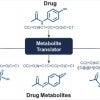
Deep learning gives drug design a boost
A computational tool created at Rice University may help pharmaceutical companies expand their ability to investigate the safety of drugs.

On Feb. 17, the SSPEED Center welcomed Jed Anderson, founder and CEO of EnviroAI, for a lecture on environmental AI permitting. ...

The Rice women's basketball team was crowned the American Conference regular season champion after a 77-66 win at Temple Wednesday night at The Liacou...
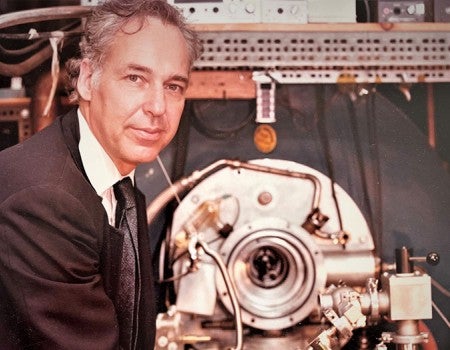
Frank Klaus Tittel, a physicist whose career paralleled the rise of modern laser technology and who helped build Rice’s reputation in laser spectrosc...
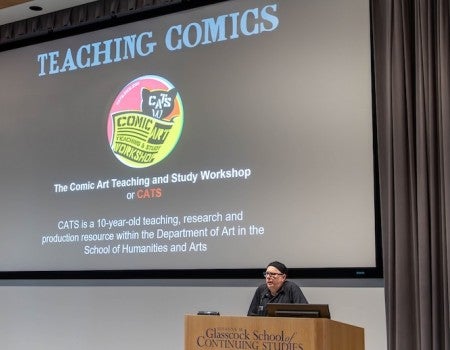
Art teachers, artists and comics enthusiasts gathered at Rice University Feb. 20 for Teaching Comics, a one-day symposium exploring how comics can fun...

Nearly 700 prospective graduate students, current scholars, faculty and staff gathered at the Houston Museum of Natural Science for Rice University’s ...

Martono, a second-year master’s student in violin performance, won the title of Miss Chinatown Houston 2025, her first-ever pageant....
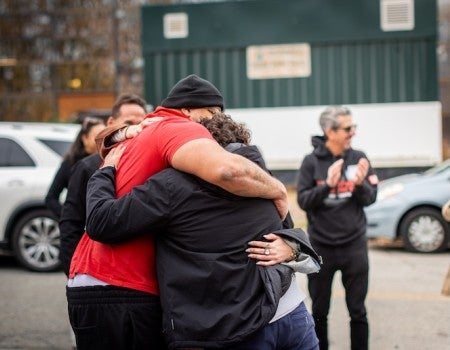
Undergraduates at Rice are digging into real, possible wrongful conviction cases this semester, examining evidence to bring renewed attention to indiv...
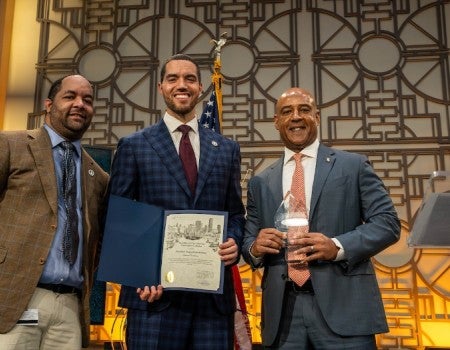
Rice President Reginald DesRoches was honored with a Community Trailblazer Award Feb. 19 by the city of Houston’s controller Chris Hollins during his ...

Rice commends Stacy Mosely for 14 years of service. As executive senior associate athletic director/senior woman administrator, Mosely maintains admin...

Students convened at Rice University Feb. 20 for what organizers called a rare chance to hear and learn directly from one of the most influential musi...
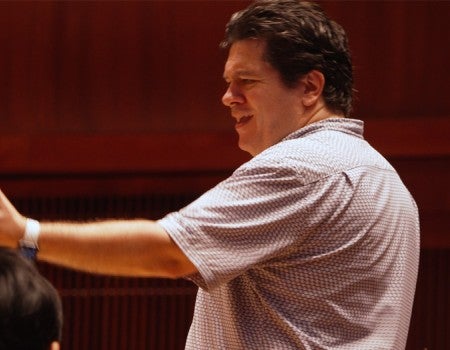
The role brings Cristian Măcelaru ’06 ’08 back to campus several times each year to coach, conduct and mentor students across departments....
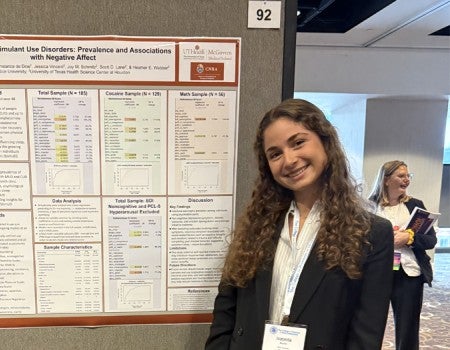
Isabella Bourtin balances GRE prep, lab work and upper-level courses as she pivots from pre-med ambitions toward a future in clinical psychology....

Deep learning gives drug design a boost
A computational tool created at Rice University may help pharmaceutical companies expand their ability to investigate the safety of drugs.

Gemini South's high-def version of 'A Star is Born'
NASA's James Webb Space Telescope is still more than a year from launching, but the Gemini South telescope in Chile has provided astronomers from Rice University and Dublin City University a glimpse of what the orbiting observatory should deliver.

Baker Institute, American Academy of Arts and Sciences: US innovation edge in peril
A sweeping new report urges significant policy and funding action to ensure the United States does not lose the preeminent position in discovery and innovation it has built since the end of World War II.

Musicians may need more than social distancing to stay safe on stage
Keeping musicians safe while they're on stage during the pandemic may require more than just social distancing, according to a study of exhaled aerosols conducted by Rice University engineers and musicians from Rice's Shepherd School of Music and the Houston Symphony.

Flu shots — including drive-up options — available on campus
Rice faculty and staff will have an opportunity to get a flu shot on campus starting this week.

New technology TA positions empower students to partner with professors
These student jobs are about more than just troubleshooting Zoom calls.

'Religion Unmuted' podcast elevates women’s voices in talks about religion, public life
Women are not well-represented in religious leadership positions or in public discussions of religion around the world — in spite of the fact that women are more religious than men, especially in the U.S.

The heat is on for building 3D artificial organ tissues
Bioengineers at Rice and the University of Washington are devising a hot new technology to remotely control the positioning and timing of cell functions to build 3D artificial, living tissues.

Humanities pauses admissions for Ph.D. programs
In response to challenges caused by COVID-19, Rice’s School of Humanities has paused admissions to all five of its Ph.D. programs — art history, English, history, philosophy and religion — for one year.

Karl Ecklund named American Physical Society Fellow
Karl Ecklund, a professor of physics and astronomy, has been named a fellow of the American Physical Society.